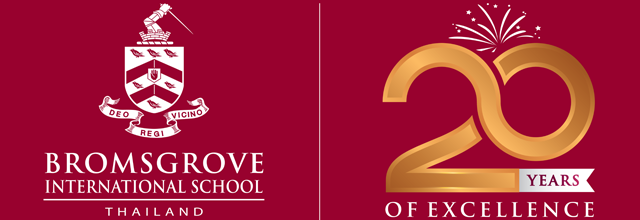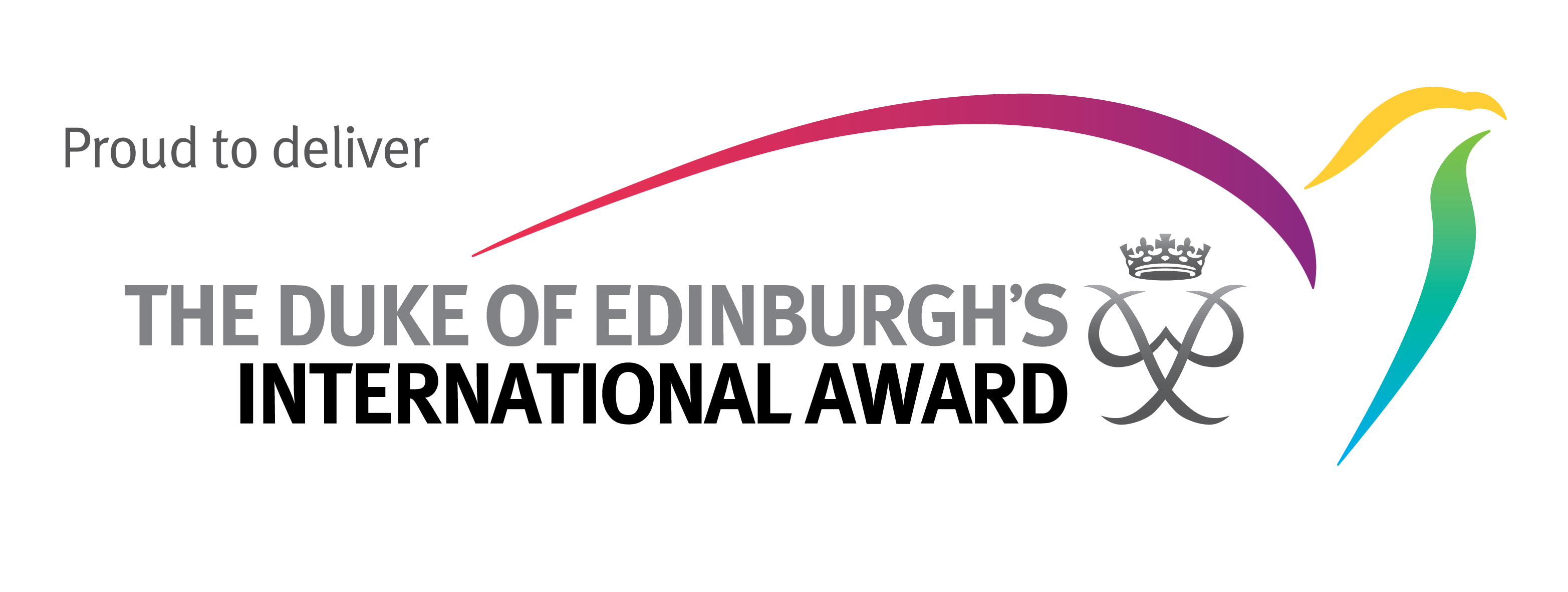
Deciding on the right school for your children is no minor task. You need to consider its location, facilities, reputation, tuition fees, and, above all else, its curriculum. When it comes to curriculum, you will notice two programs that dominate the majority of reputable international schools. That is the British curriculum and International Baccalaureate. Today, we want to give you some insight, so you can gain some understanding of what they are and which one might be right for your child.
To start, we want to clarify that both of these models have a brilliant reputation throughout the academic world, but, unfortunately, neither is perfect for everybody. Not only is it important to consider which learning approach is more suitable for your child, but also, what can they get out of it. School curriculum’s primary function is to help a child excel beyond school and throughout their adult life, so which curriculum can carry your child furthest?
A brief introduction to both curriculums
British curriculum – This is based on the UK national curriculum. Assessment is taken in the form of exams and coursework through secondary (iGCSE) and sixth form (A-Level). It is renowned for its in-depth focus on specific subjects, flexibility, and being academically rigorous. Though it isn’t as widespread as IB, it is considered a top choice for gaining access to some of the best universities, specifically those based in Britain.
International Baccalaureate – This is a much more recent framework that was founded in Switzerland in 1968. It consists of three primary programs: Primary Years Program (PYP), Middle Years Program (MYP), and its Diploma Program (DP). It is a popular choice due to its holistic approach and focus on critical thinking. It is currently used in over 4000 schools around the globe and is geared toward international educational institutions.
The British curriculum’s pros and cons
Pros
- Flexibility: When students reach secondary, they will have the choice of picking subjects to suit their interests and aspirations. For example, if a student wants to be an engineer, they can choose subjects such as maths and physics, whereas someone more inclined towards the arts may choose English Literature or Media Studies.
- Recognition: Universities and employers around the world recognise these qualifications. The dedication needed to complete an A-level course is often commended, giving universities confidence in a student’s understanding of their subject.
- Specialisation: Because students can pick subjects they are more interested in, the course material allows enough time to go into extreme detail. This allows a student to fully understand the subjects they are studying. There are no brief explanations in the British curriculum and no stone goes unturned.
- Structure: with the assessments being primarily exam based, it provides a clear and straightforward grading system that is much easier to revise. A promising aspect of grading is that it is marked by external examiners, so there is no bias, and you can be sure students have genuinely achieved their grades.
Cons
- Not always holistic:Due to its rigorous focus on specific subjects, it doesn’t always explain how subjects are interconnected. Depending on the school, there can sometimes be a lack of community involvement and personal development.
- Pressure: Due to grades relying heavily on the final examination, there can be a lot of pressure during the final months. This might create a lot of stress for students who don’t cope well with pressure.
- Limited breadth: With a focus on a smaller amount of subjects, students might miss out on a broader education. It is important to make sure schools using the British curriculum also have extensive clubs and extracurricular activities to choose from.
International Baccalaureate pros and cons
Pros
- Critical thinking: one of the most beneficial factors of an IB curriculum is the emphasis on critical thinking. Students are encouraged to make decisions backed by evidence and always question the sources of knowledge.
- Holistic approach: IB also focuses on a student’s overall development, rather than solely academics. This might include personal growth, social development, community involvement, sports activities, and academic achievement.
- Research skills: During the final year of the IB program, students are required to produce a large essay where they will need to put their research skills and critical thinking capabilities into practice. Over the years, students learn numerous skills to work towards this goal.
- Breadth: the curriculum ensures a rounded education that touches on multiple subjects. Though it may not go into extensive detail on particular subjects, it gives students a taste of everything.
- Worldwide recognition: Universities and institutions around the world value the IB curriculum. Many across Europe will have entry requirements tailored to the program.
Cons
- Complexity: Multiple components to IB can make the grading system intricate and difficult to fully understand. It can be difficult juggling so many different subjects at the same time.
- Little specialisation: While many subjects are explored, it doesn’t go into a level of detail near that of A-level or iGCSE courses.
- Intensity: Students often find the breadth of subjects and multiple examination techniques extremely intense and demanding.
Want to know more?
While both of these curriculums have their strong points, there are some crucial things to consider. The best thing to do is to talk to a school in person and find out what they can offer. Often, international schools will follow one curriculum, but take some positives from others and blend them into their teaching practice. For example, a school may teach the British curriculum with a holistic approach, a broad selection of extracurricular activities, and a focus on critical thinking. If you would like to find out more about what curriculum would suit your child best, feel free to contact Bromsgrove International School. We are proud to have been producing excellence for over twenty years, and our highly qualified staff would be happy to answer any of your questions. Remember, when making such a big decision, accept all the guidance you can get.













